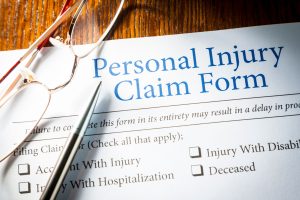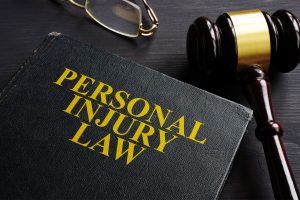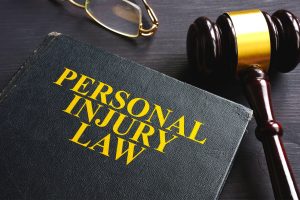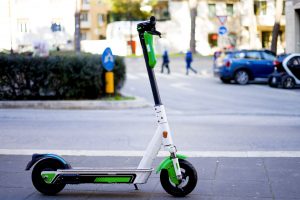The vast majority of successful Palm Beach personal injury cases end in a settlement, as opposed to a trial. Trials are time-consuming, expensive, and sometimes traumatic for plaintiffs and their loved ones. But how are these settlements actually paid out? 
Let’s start with the fact that if you hire an experienced injury attorney, you might not even need to file a lawsuit. Settlements can be reached by mutual agreement at any time – whether there’s a lawsuit or not.
Let the Negotiations Begin
You will probably need to submit a claim to the other party, but that’s not the same as a formal lawsuit. Skilled attorneys can sometimes negotiate favorable pretrial settlements within just a few weeks – possibly even days – without every stepping foot in a courtroom.
If those negotiations are failing and the defendant is refusing to pay you fair compensation, then it’s time to file a lawsuit. Under Florida’s new statute of limitations outlined in F.S. 95.11, you have a 2-year deadline in which to file your case. (Up until this March, it was 4 years.)
That said, settlement negotiations can continue all the way up to trial – and even at any point prior to a verdict. Ideally though, they’ll conclude sooner than later and in your favor.
Although the Palm Beach personal injury claim is technically against the individual who was allegedly negligent in causing the harm, negotiations typically involve insurance companies and their attorneys. That’s because it’s probably ultimately going to be the insurer who pays out the claim.
But even once you reach a settlement, the insurer isn’t automatically going to just cut you a check. The insurer is going to want to protect themselves and their client from any future claims of liability. Before paying up, the insurer will want you to sign a final release. It’s really important that you read over the terms of this release before signing anything. These documents can contain language that can come back to haunt you – particularly if you have latent injuries OR there are other defendants from whom you might still be seeking accountability. The final release stipulates that you forever waive your right to pursue this case in exchange for the agreed-upon payout. It’s not uncommon for these releases to include language that you agree to forfeit your right to make future claims for this incident against any party. If there are other defendants with cases still pending, you really must be careful about this.
 South Florida Injury Lawyer Blog
South Florida Injury Lawyer Blog










